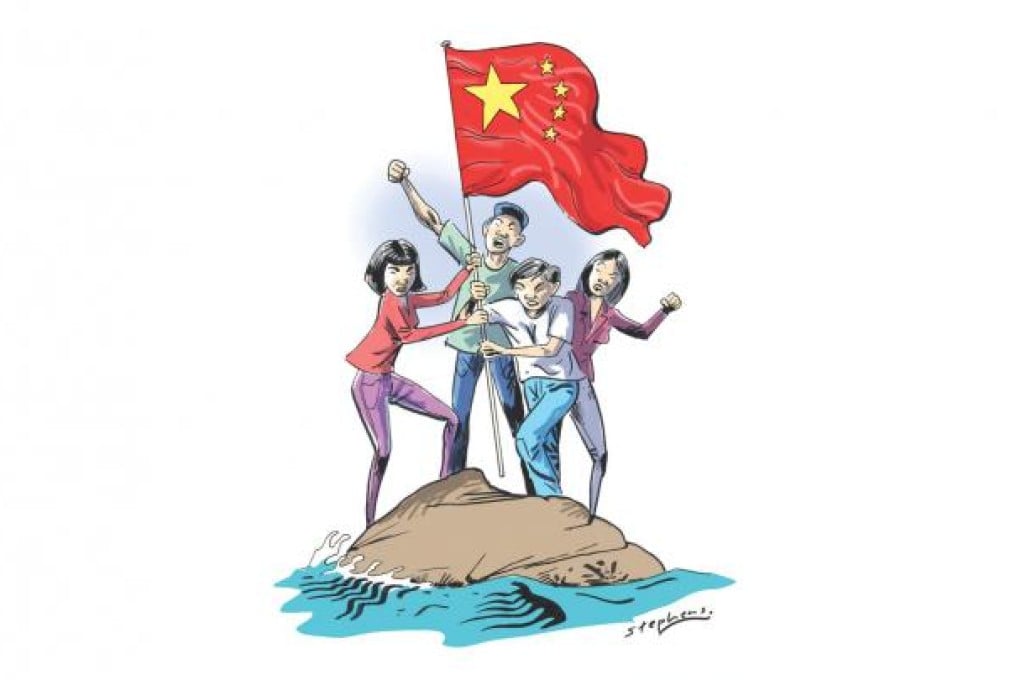Nationalist tide over disputed territories a test for Beijing
Zhengxu Wang says growing nationalism among Chinese communities - not just on the mainland - has inevitably complicated Beijing's efforts to resolve its territorial disputes with neighbours

In recent days, public protests erupted in Chinese cities, with demonstrators demanding that the Japanese government return the Diaoyu Islands to China. These protests have also put a lot of pressure on the Chinese government to take a tougher stance against Japan.
The protests came after a group of activists, sailing on a Hong Kong vessel, landed on one of the disputed islands in an effort to proclaim China's sovereignty. They were arrested but quickly released after pressure from the government and public in Beijing, Hong Kong and Taiwan.
The incident and ensuing public outcry showed that the islands remain a highly explosive issue within contemporary Chinese nationalism. It is also clear that nationalism is rising in Japan and other Asian countries.
In fact, domestic opinion in Japan is also calling for a more assertive line on the Diaoyu issue. The activists' landing was provoked by a series of events in Japan that suggested a more assertive stance. A plan to "nationalise" the islands appears under serious consideration by some sections of Japanese society and the government.
How to manage the dispute with the other party while satisfying domestic public opinion presents a big challenge to policymakers both in Tokyo and Beijing.
The Chinese public maintains a strong belief that the Diaoyu Islands are a legitimate part of China. The Ming and Qing dynasties had administrative control over them. In fact, Chinese researchers have pointed to Japanese historical documents acknowledging the islands as being under Qing governance. And, in private, some Japanese government officials have acknowledged that, historically, the islands did not belong to Japan.
